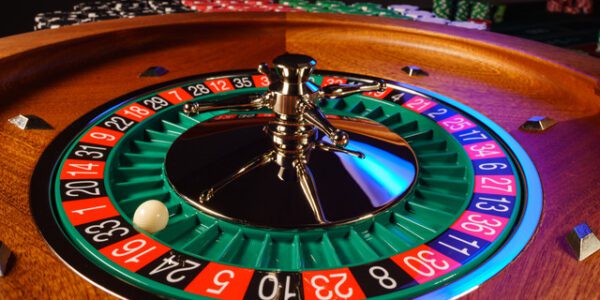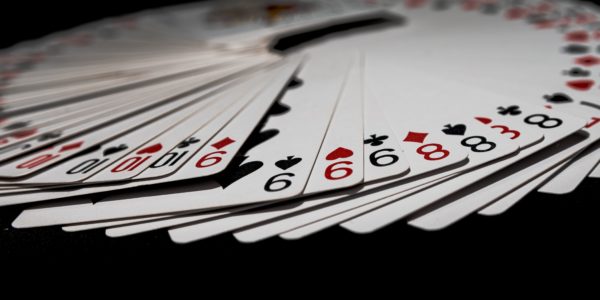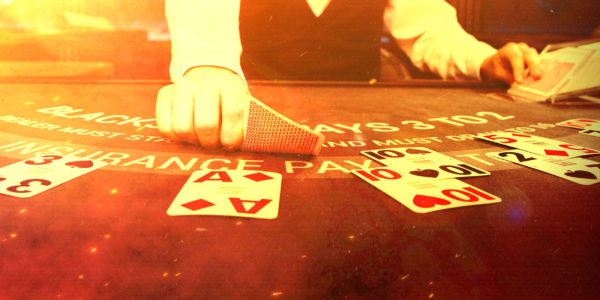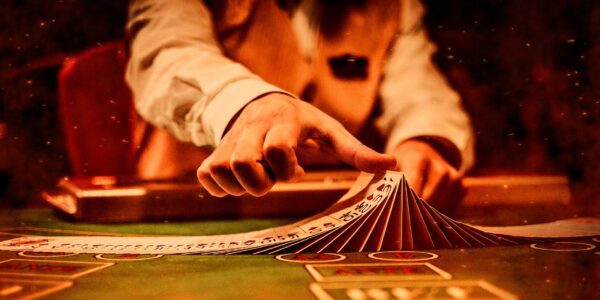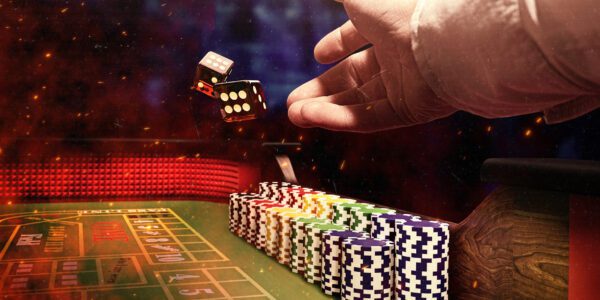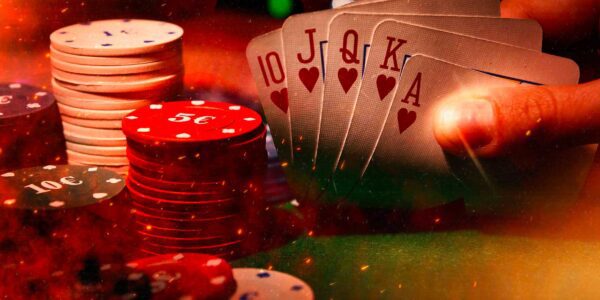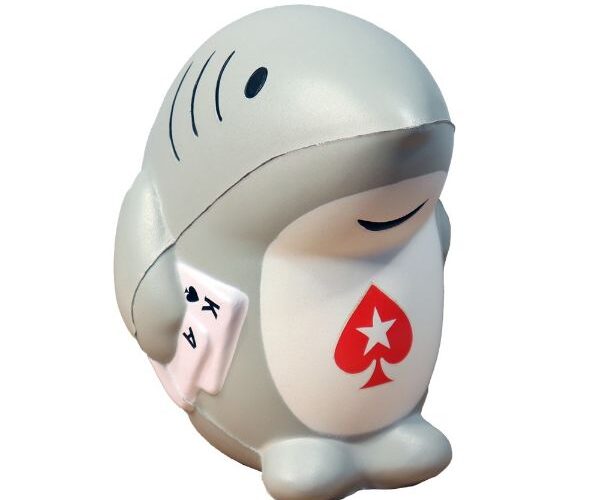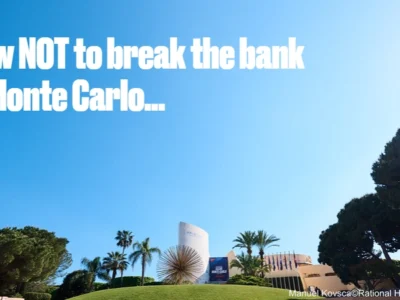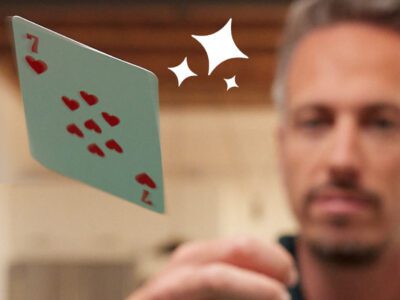Blaise Pascal: The Story of the Man Who Invented Roulette
When it comes to casino games, Roulette is a household name. However, while many people are familiar with the game, not as many know who is responsible for its creation – Blaise Pascal.
The Accidental Invention of Roulette
French physicist, mathematician, and philosopher Blaise Pascal, who accidentally laid the foundations for today’s modern-day Roulette wheel when he attempted to create a perpetual motion machine way back in the 1650s.
For context, a perpetual motion machine is one that is self-sustaining i.e it doesn’t need to pull from an external source to generate its energy to function. This aim of Pascal’s was never achieved by the great inventor and thinker, however, it is believed that the spinning wheel he created kickstarted the idea of roulette.
The Early Years
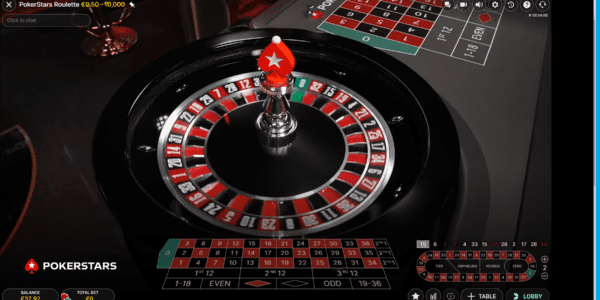
To understand the man behind one of the iconic casino games, it’s important to start at the beginning. Here, we will aim to shine a light on the inspirational figure 403 years after his birth.
Blaise Pascal was born on June 19, 1623, in Clermont-Ferrand, France, into a well-respected family. Unfortunately, his mother, Antoinette Begon, passed away when he was just three years old. Therefore, the parental burden fell to his father, Étienne Pascal, who was a magistrate and an accomplished mathematician, which is how Blaise inadvertently set off on his way to inventing roulette.
Spotting his son’s intelligence, Étienne opted to manage his son’s education, and, for Blaise’s father, this meant forbidding his son from studying his major passion: mathematics – a bit hypocritical considering the field his father worked in!
Despite his dad’s best efforts, by the time Pascal was a teenager, he was fully immersed into the world of numbers, and the eventual inventor of roulette was making contributions to mathematics.
Pascal’s Contributions to Mathematics and Science
Pascal’s real breakthrough came between 1642 and 1644 when he invented the Pascaline, or what many consider to be the first calculator. The desire to invent a revolutionary item came from Blaise’s desire to aid his father with tax calculations (it really is true: nothing is certain in this world apart from death and taxes).
The Pascaline wouldn’t be identifiable as a calculator next to our modern-day versions – more akin to an old-school radio – but it laid the groundwork for the ones we use today, even if it performed addition and subtraction via gears and dials.
In the years that followed he invested time improving his creation, developing over 50 different prototypes for the device.
The Pascaline calculator became something of a status symbol in France, meaning that those who owned one were automatically considered to be members of high-class society. His other major accomplishments include ‘Pascal’s Principle of Pressure’ and the modern theory of probabilities known as ‘Pascal’s Rule’.
In addition to inventions and mathematical theories, Pascal is also known for his prose which employed wit and satire to captivate readers.
A Time for a Change
Pascal’s intellectual and revolutionary journey didn’t end as many would’ve anticipated, with the Frenchman turning to religion.
But, naturally, despite the newfound interest in God so late in his life, Blaise Pascal still managed to leave his mark on the area; a mark that remains present to this very day.
Pascal wrote Pensées – which translates to Thoughts – which is still used in the 21st century by avid Christian believers to prove the existence of their God. Despite being unfinished due to his untimely passing, the pages Pascal put together set about defending those who choose to worship God.
Blaise’s basis for his beliefs were that those who rejected the idea of God were simply doing so out of humans’ inability to process such an idea.
Pascal’s Wager, as those pages were titled, remains the biggest page turner from within the ramblings of Pensées, which posits simply: why wouldn’t you believe in God? Because ultimately, it just means the following:
If God is real, and someone believes that, then everyone’s a winner; bring on heaven.
If God isn’t real but a person spends a lifetime believing God is real then they’ve had a life full of purpose, support and internal happiness. The realisation of God not existing is minimal at the very end in contrast to the time lived in belief.
If God is real but a person has spent a lifetime believing otherwise then eternity in hell awaits.
If God does not exist and one does not believe, the gain from this is minor.
Final Thoughts on Blaise Pascal
The reason for Blaise Pascal’s inability to finish his musings in Pensées was due to a stomach ulcer at the age of 39 – important to note the average life expectancy of someone in the 1600s was 35–40.
Some 400+ years later and the impact of Pascal is still felt, taught and remarked upon in various fields from mathematics to literature to religion. And it begs the question: after 800 years, will the roulette table still be a centrepiece in online casinos?



